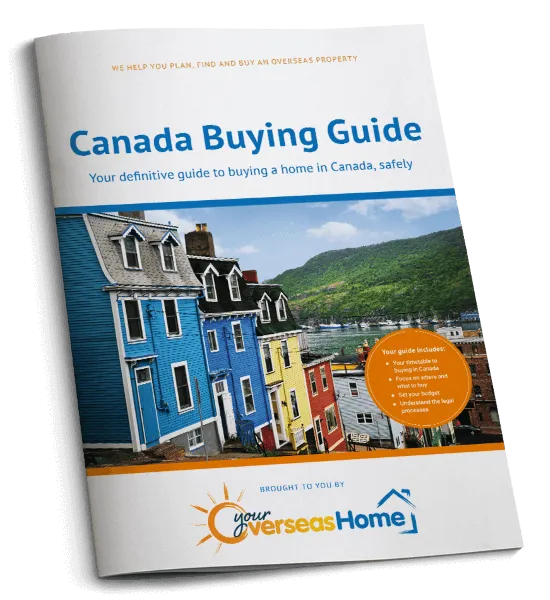Canadian taxes are handled a little differently to the UK. Here is what you can expect both from the tax rates and the process of paying them.
In Canada the average household spends more on taxes than any other expense. Don’t be alarmed, the same is true in most developed countries as the term “taxes” covers a multitude of expenses, not just income tax but property tax, sales tax, taxes on petrol and utilities etc. It is important to understand what taxes will apply to you, and you need to understand your obligations in ensuring your tax records are accurate and up to date.
If the government finds that you have paid more tax than you owed you will be issued a refund
So what taxes and rules will you be grumbling about when you move to Canada?
Filing your Taxes
In Canada both the employed and self-employed are required to file an end-of-year Income Tax and Benefit return. It is not as onerous a task as it may sound. The return simply shows the federal government how much money you were paid by your employer(s), the payments you made on your property or in rent, and of course how much tax you paid during the year. All your information will be assessed and if the government finds that you have paid more tax than you owed you will be issued a refund. If it turns out you did not pay enough taxes you will be issued an invoice for the difference.
For newcomers to this process there is a wealth of information available online and there are also specialist tax accountants (for example H&R Block, www.hrblock.ca) that can compile and submit your return for you, for a fee. Many find the process quite straightforward, however. Most of the info you need will be provide to you by your employer on a “T4 slip” so filing your own taxes online is the most cost-effective way do it.
To see what you would pay, visit simpletax.ca/calculator. We ran a sample income of £50,000 (C$85,000) through both the UK and Canadian (British Columbia) and tax models and here is what we found:
| Canada (BC) in $ | Canadian income in £ | UK income tax & NIC | |
| Gross income | 85,000 | 50,000 | 50,000 |
| Federal income tax | 12,467 | 7,400 | 8,696 |
| Provincial income tax | 5,031 | 3,000 | n/a |
| Health/pension | 3,400 | 2,000 | 4,524 |
| Total tax | 20,898 | 12,400 | 13,220 |
| Net pay | 64,102 | 37,600 | 36,780 |
It is worth pointing out that British Columbia is not a high tax province. In Ontario you would be paying around C$500 more per year and in Newfoundland over C$4,000 more in provincial tax.

Understanding the taxes that apply to you and your obligations is an important part of settling in Canada
Property Taxes
In Canada there is an annual property tax charged to all homeowners by the local government which is used towards local services like schools, road maintenance etc. The property tax amount is based on their assessed value of the property.
Property owners in Canada are also impacted by the Property Transfer Tax. This land registration tax is applicable to all transactions made at any land title office in Canada. Principally you will pay this tax when you purchase a home outright, but a payment will also be due if you require an interest in any property, or even just by registering changes to the certificate of a title. As with the annual property tax the Transfer Tax amount is based on the assessed fair market value of the property in question.
So long as you know what to expect financially, you can plan accordingly. That goes for currencies too. Read the Property Buyer’s Guide to Currency.
Sales Tax
There’s no escaping VAT in Canada either. In fact you often pay it twice! Sales tax is made up of Provincial Sales Tax (PST) and the federal Goods and Services Tax (GST). In some states it is put together as the Harmonized Sales Tax (HST). The good news is that either way it is less than the UK’s 20% or the Eurozone’s 17 to 25%. GST is 5% on most goods and services, with PST varying between 0% in the more remote provinces, to 7% in British Columbia and 10% in most other provinces.

The Canada Buying Guide takes you through each stage of the property buying process, with practical recommendations from our experts who have been through the process themselves. The guide will help you to:






